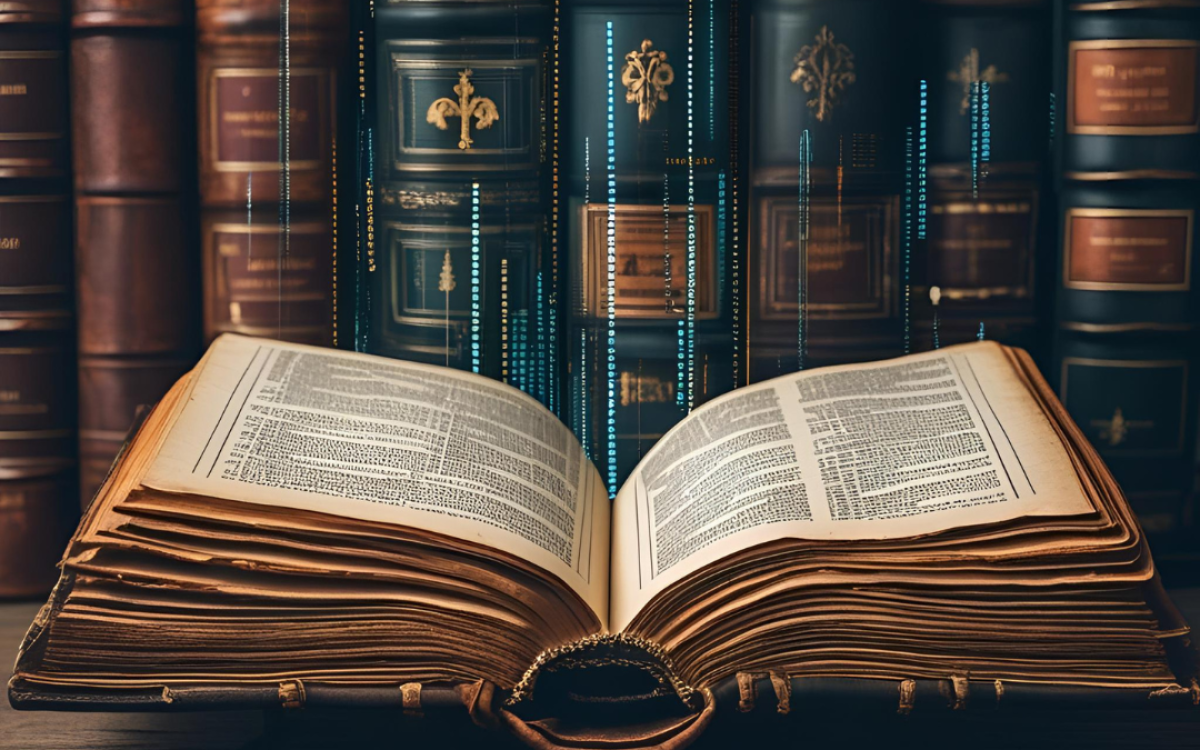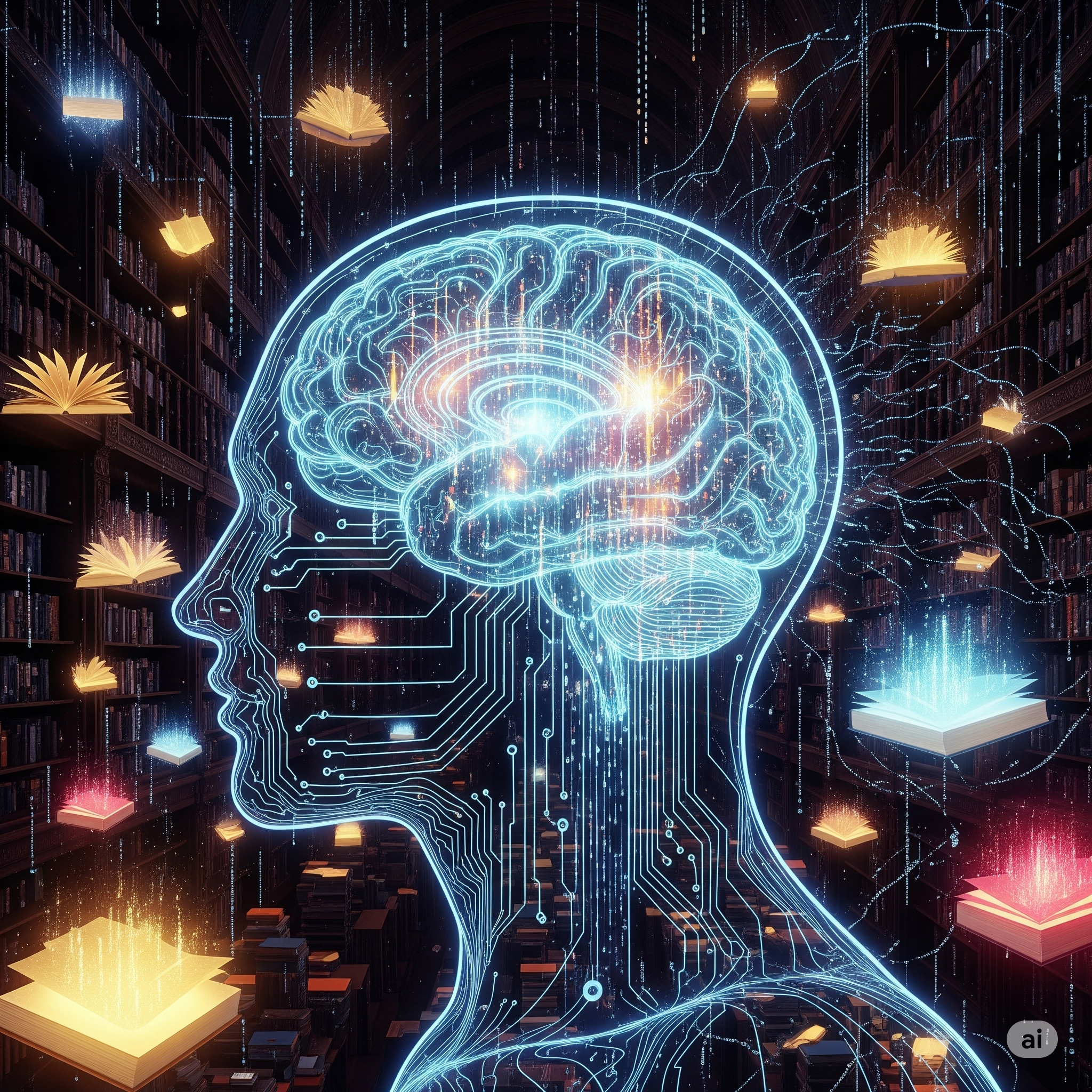Collecting rare books is a fascinating world that blends culture, history, and, for many, smart investing. In the United States, the market for first editions, signed copies, and limited prints moves millions of dollars every year — and behind the scenes, technology is transforming the way buyers and sellers connect, evaluate, and protect their literary treasures.
Se você sonha em encontrar a primeira edição de O Grande Gatsby ou vender aquela joia literária esquecida na estante da sua família, este guia mostrará por onde começar — sem cair em golpes ou fazer maus negócios. Você também descobrirá como ferramentas como inteligência artificial (IA) , blockchain e automação estão mudando o jogo
📈 1. Entenda o mercado: Qual é o verdadeiro valor dos livros raros?
The first step in navigating this market is realizing that rarity doesn’t automatically mean high value. Many factors influence a book’s price: print run, collector demand, physical condition, the presence of autographs, special bindings, and, of course, authenticity.
Today, auction houses like Sotheby’s and Christie’s hold annual rare book sales that fetch millions of dollars. In 2021, a copy of the Gutenberg Bible surpassed $30 million at auction. Meanwhile, a rare book with low demand or in poor condition might be worth far less than expected.
Ferramentas de IA já são utilizadas para cruzar dados históricos de vendas, comportamento do comprador em marketplaces e tendências literárias para prever quais livros poderão ser valorizados no futuro. Para colecionadores que veem isso como um investimento, essa análise representa uma grande vantagem competitiva.
🏛️ 2. Livrarias especializadas: lugares clássicos para caçar tesouros
For many collectors, nothing replaces the smell of an old antiquarian bookstore. Cities like New York, Boston, and San Francisco are full of historic bookshops hiding true literary treasures. Some iconic names include:
- Bauman Rare Books (NY, Las Vegas, Philadelphia)
- The Strand Bookstore (NY) — famous for its rare book room on the fourth floor.
- Brattle Book Shop (Boston) — one of the oldest used bookstores in the U.S.
- Argosy Book Store (NY) — a first edition icon since 1925.

A boa notícia é que a maioria dessas livrarias digitalizou seus catálogos. Graças à IA, você pode configurar alertas personalizados para ser notificado quando um exemplar raro do seu autor favorito aparecer — para não perder nada.
💻 3. Plataformas online: compre e venda de casa (com segurança)
Not every collector lives near major cities. That’s why online marketplaces have become essential — but you need to know which ones to trust. The most reliable include:
- AbeBooks — a global reference for rare and out-of-print books.
- Biblio — an excellent network of independent booksellers.
- Heritage Auctions — strong in online auctions for books and manuscripts.
- eBay — useful for beginners, but extra caution is needed for authenticity.
Modern platforms use AI algorithms to analyze fraud patterns, seller reputation histories, misleading descriptions, and photo inconsistencies. This helps buyers avoid increasingly sophisticated scams.
Dica: peça sempre fotos detalhadas, verifique a política de devolução e opte por vendedores com avaliações positivas consistentes.
🔍 4. Primeiras edições: como identificá-las e usar a IA a seu favor
First editions are the crown jewels of book collecting. But spotting them isn’t always easy. Each publisher has its quirks: some clearly state “First Edition” on the copyright page; others require you to decode print numbers. If you want to dive deeper into the art of identifying them, check out our full guide: How to Identify a Rare Book: A Complete Guide for Beginners.
Recently, new AI apps have emerged that analyze copyright pages, detect typography inconsistencies, and even compare handwritten notes against autograph databases to verify authenticity.
Curiosidade: Um algoritmo experimental universitário identificou impressões falsas das primeiras edições de Huckleberry Finn com 95% de precisão!
🖋️ 5. Autógrafos, Proveniência e Blockchain: Rastreando a História de um Livro
A genuine signature from Hemingway or Virginia Woolf can double or triple a book’s value — but fakes are everywhere. That’s why more auction houses now require AI-based handwriting reports to verify signatures.
Além disso, projetos que combinam blockchain e IA estão surgindo para registrar toda a cadeia de propriedade de livros raros. O blockchain funciona como um livro-razão digital imutável: cada vez que um livro muda de mãos, essa transação é adicionada como um novo “bloco”. Uma vez registrados, os dados não podem ser alterados — portanto, ninguém pode falsificar a procedência. Imagine ter um NFT vinculado a uma primeira edição, garantindo sua autenticidade. O futuro está batendo à porta.
⚖️ 6. Leilões físicos e virtuais: como participar da ação
Auctions remain one of the most exciting (and often profitable) ways to buy or sell. In the U.S., the most respected houses offer detailed online catalogs. Many already use AI to forecast bidding patterns and alert you when an item you’re interested in goes live.
Practical tips:
- Read the catalog ahead of time and do your research.
- Set a clear maximum bid to avoid getting swept up in the moment.
- Understand commission fees (which can run from 10% to 25%) before you bid.
📦 7. Logística: Como enviar livros raros sem causar danos
Buying a rare book is only half the battle — shipping it safely is critical. Specialist shippers now use AI to optimize routes, predict weather risks, and even monitor cargo temperature in transit.
Basic checklist:
- Use sturdy, waterproof boxes.
- Wrap books in anti-static materials with secure padding.
- Always include full insurance and tracking for peace of mind.
🤝 8. Collector Communities: Social Media & AI Moderators
Networks like Facebook, Reddit, and Discord host vibrant collector communities. AI bots are used to moderate discussions, filter spam, and even flag buying opportunities in real time.
Be active! Share experiences, ask for appraisal tips, and, above all, build connections with honest buyers and sellers to grow your trusted network.
📊 9. Smart Pricing: Know the Real Value of Your Book
In the past, pricing a rare book depended on printed catalogs or the “gut feeling” of a few specialists. Today, startups combine AI with big data to compare thousands of global transactions, physical condition, demand, and cultural trends.
This analysis helps even beginners figure out whether to sell now or wait. If you want to get serious, hire certified booksellers for formal appraisals.
📚 10. How AI Is Making Life Easier for New Collectors
If all this still feels overwhelming, there are now apps that act like a “personal collection assistant.” They:
- Digitize your library with AI-powered OCR (Optical Character Recognition).
- Verify editions, authenticity, and market prices in real time.
- Send alerts when rare editions you want appear online.
- Track value trends with easy-to-read dashboards.
Some platforms even connect collectors and booksellers directly with auctions, building an active, supportive community.
✅ A New Era for Rare Book Lovers
Combining the timeless joy of flipping through yellowed pages with the perks of modern tech has never made more sense. Artificial intelligence, blockchain, and global access open up opportunities for more people to preserve — and profit from — true literary relics.
Collecting rare books remains a hobby built on patience, curiosity, and respect for history. But now, with the right tools, you can avoid scams, appraise accurately, and build a collection that’s both a cultural treasure and a financial legacy.
🙋♀️ FAQ – Frequently Asked Questions
Is it safe to buy rare books online?
Yes — as long as you stick to trusted platforms and check the seller’s reputation. Choose sites that use AI anti-fraud tools and always request detailed photos.
How does AI help beginner collectors?
AI cross-checks huge amounts of data, detects forgeries, compares handwriting patterns, and suggests fair market prices. It’s like having a 24/7 virtual librarian.
Does blockchain really protect against fakes?
Yes! Blockchain records the chain of ownership immutably. Each transfer creates a new block cryptographically linked to the last, making it impossible to quietly fake provenance.
Is it worth selling to international buyers?
Often, yes — it can expand your market and increase value. But watch for export fees, international taxes, and take extra care with shipping and insurance to keep the transaction secure.
“If having 20 browser tabs open counted as productivity, my laptop would be CEO.” 😂
Have you ever bought or sold a rare book? What tools or strategies do you use to protect yourself and make smart deals? Share your story in the comments — your experience could inspire other collectors! 📚✨








